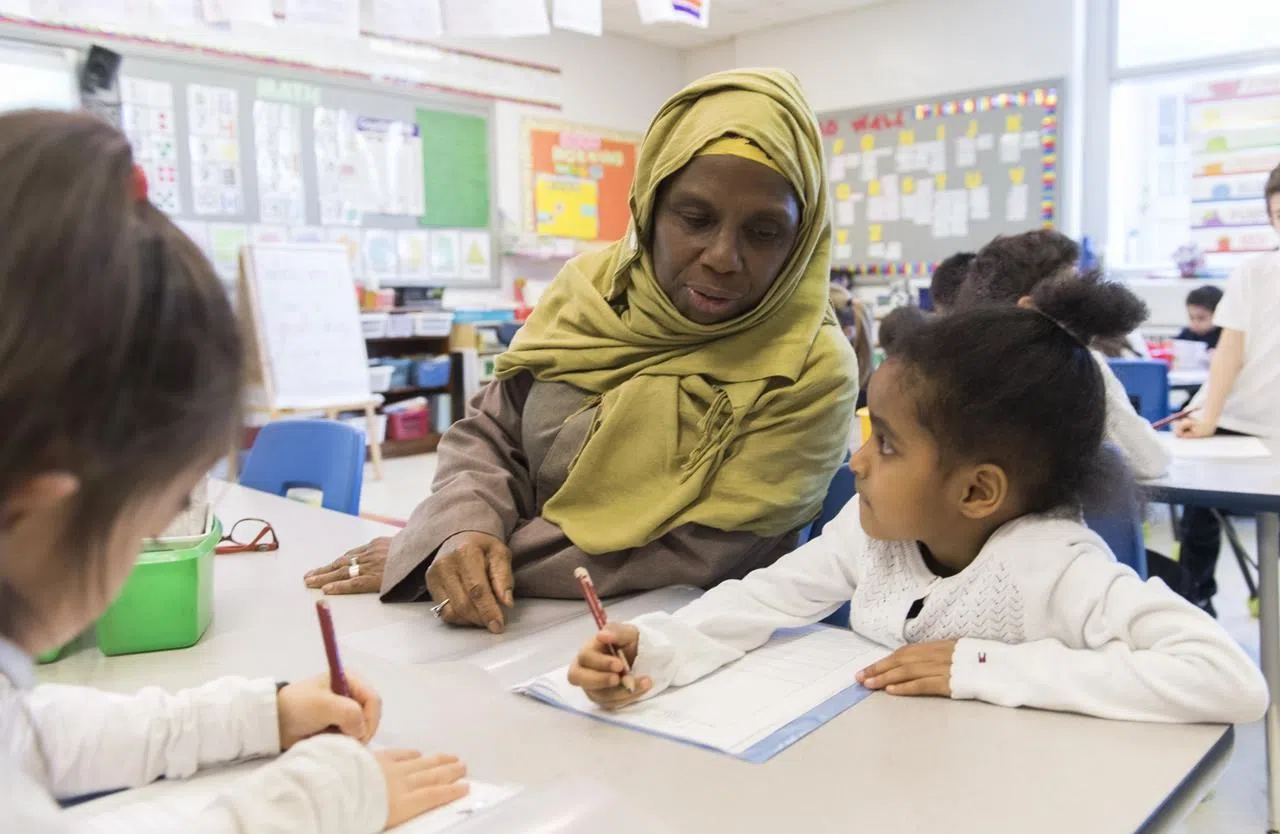
Immigrants, visible minorities say Quebec government targeting them with bills
MONTREAL — Immigrants and visible minorities are noticing how some of the most significant pieces of legislation introduced by the Coalition Avenir Quebec government since it took power last October have something in common: the bills disproportionately affect them.
Quebec’s Bill 21, which bans some public sector employees including teachers and police officers from wearing religious symbols, has drawn widespread criticism since Minister of Immigration, Diversity and Inclusiveness Simon Jolin-Barrette tabled it last month.
The bill targets all religious symbols. But Haniyfa Scott, a teacher at Montreal’s Carlyle Elementary School, says it is Muslim women who wear the hijab — as she does — who will feel it the most. “I’d like for the government to live a week in the shoes of all the people they are targeting,” she said in an interview Monday.
While the secularism bill has grabbed a lot of attention, two other major pieces of legislation addressing immigration levels and the province’s taxi industry have had outsized effects on the province’s minority communities.


